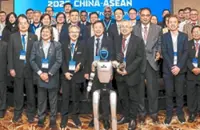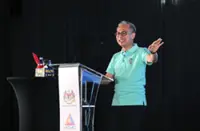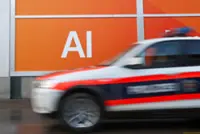The idea behind a smart compost bin is to inspire consumers to think about and change their food waste behaviour. — AFP Relaxnews
An American university has received the green light to develop a smart compost bin, capable of tracking food waste generated by American households. This invention aims to help consumers to be more aware and vigilant when it comes to food waste.
A team of researchers from Oregon State University in the US has just received funding to design a smart compost bin to track Americans’ food waste.





